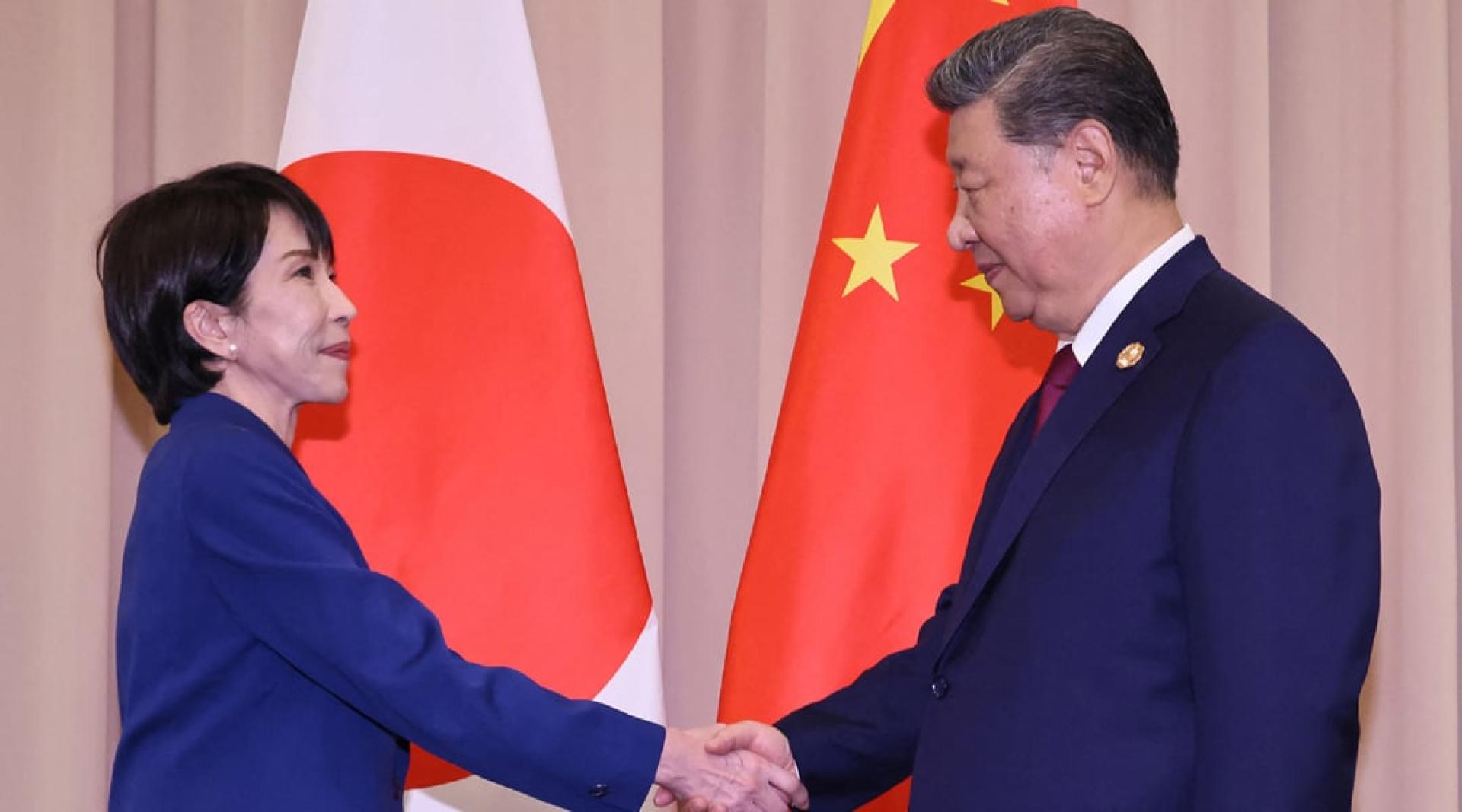Japanese Prime Minister Sanae Takaichi's remarks about a "Taiwan contingency" during her parliamentary response have heightened tensions in China-Japan relations. According to an analysis by the Nikkei, neither side has yet found an exit to resolve the confrontation. If Takaichi retracts her statement about the right to collective self-defense, it would be tantamount to limiting the space for future exercise of this right, while if Beijing appears "weak" in its stance toward Japan, it may face domestic criticism.
Nikkei's analysis states that compared to previous prime ministers, Takaichi's statements in parliament regarding the right to collective self-defense do go a step further. This is in fact a hypothetical scenario that security experts have repeatedly discussed for years. If she retracts now, it would mean restricting the government’s future actions regarding the exercise of collective self-defense.
For Takaichi, who enjoys strong support among conservatives and the younger generation, it is not easy for her to retract her remarks according to China’s demands. The latest Asahi Shimbun poll shows the support rate for Takaichi’s cabinet at 69%, up 1% from the survey conducted in October when she just took office, maintaining one of the highest levels of support among past prime ministers. The cabinet’s disapproval rate dropped slightly from 19% to 17%.
Nikkei points out that on one hand, China is hinting that Takaichi's actions could impact the Japanese economy, while on the other hand, it is testing the extent to which the Takaichi administration, which has only a minority in the Diet, will take a tough stance toward Beijing. Nikkei believes that Beijing itself also faces pressure.
According to Nikkei, the political channels between Japan and China are increasingly shrinking, and there is no heavyweight figure like Toshihiro Nikai, the LDP Secretary-General during the Abe administration, who could serve as a bridge for communication. The Komeito, which has long been seen as pro-China, has also left the ruling coalition. (Source: United Daily News)
